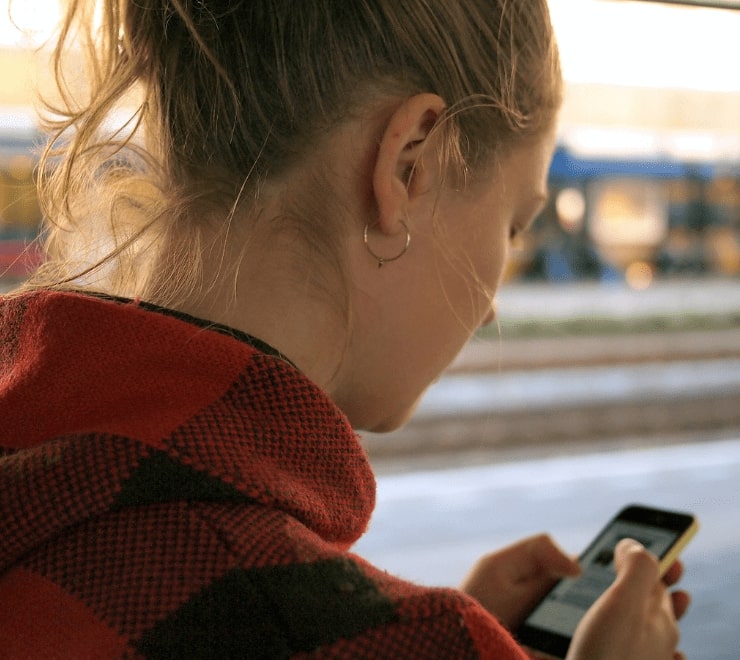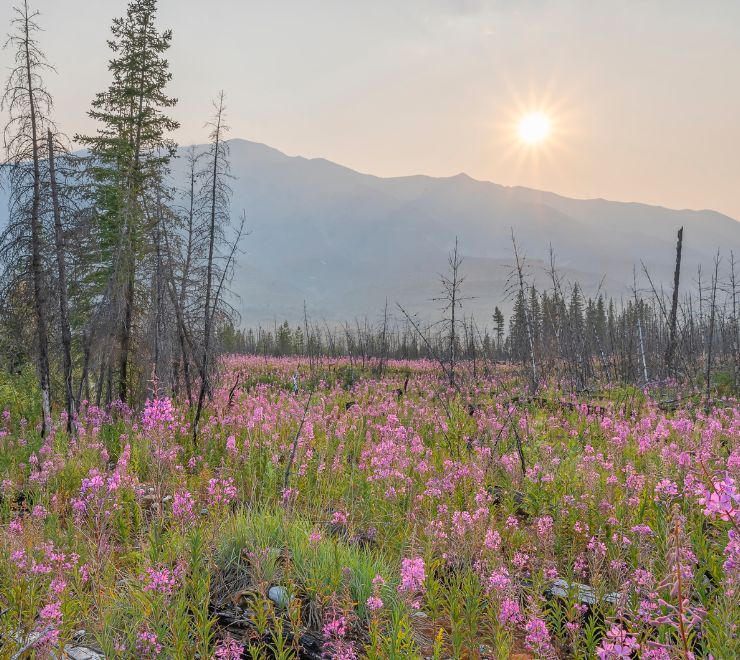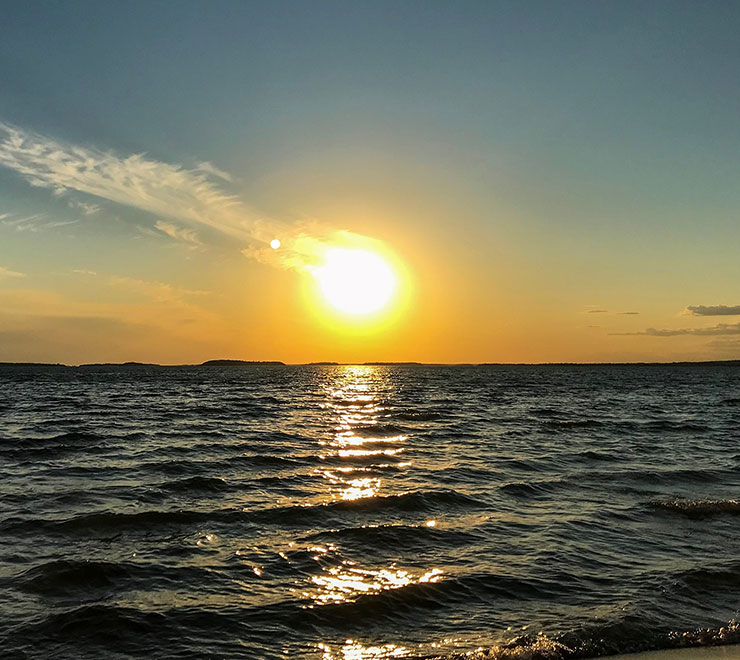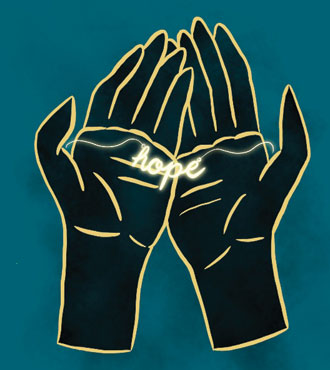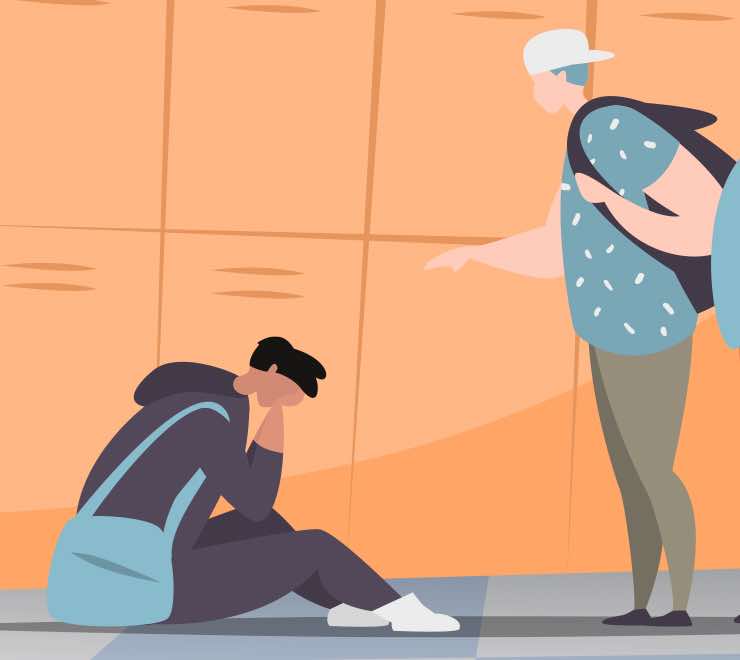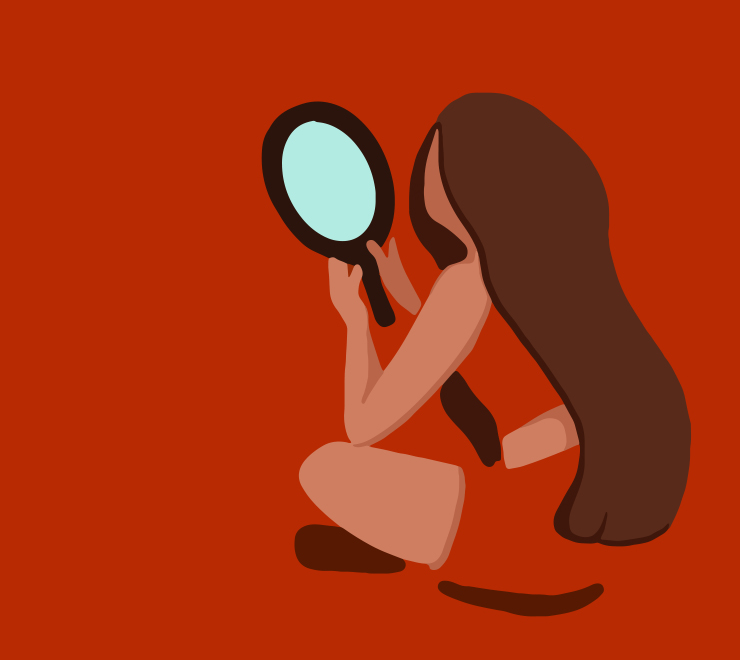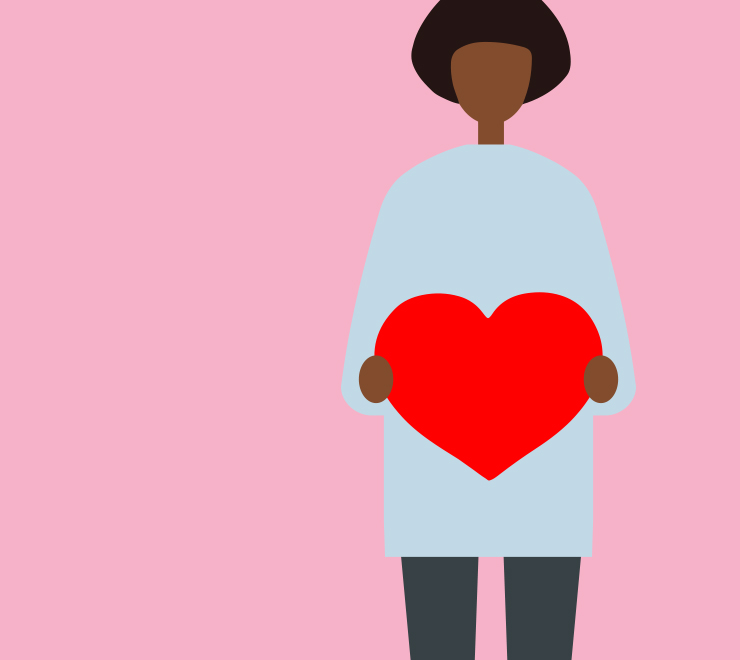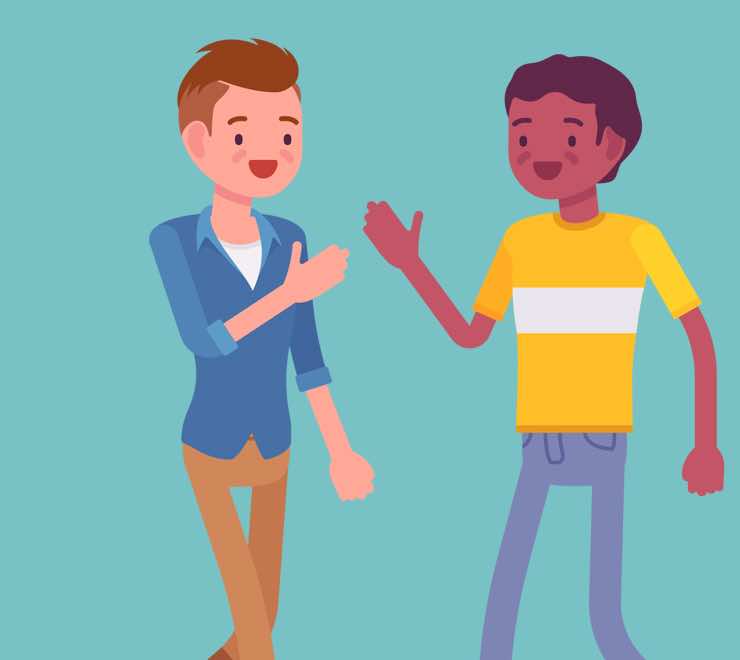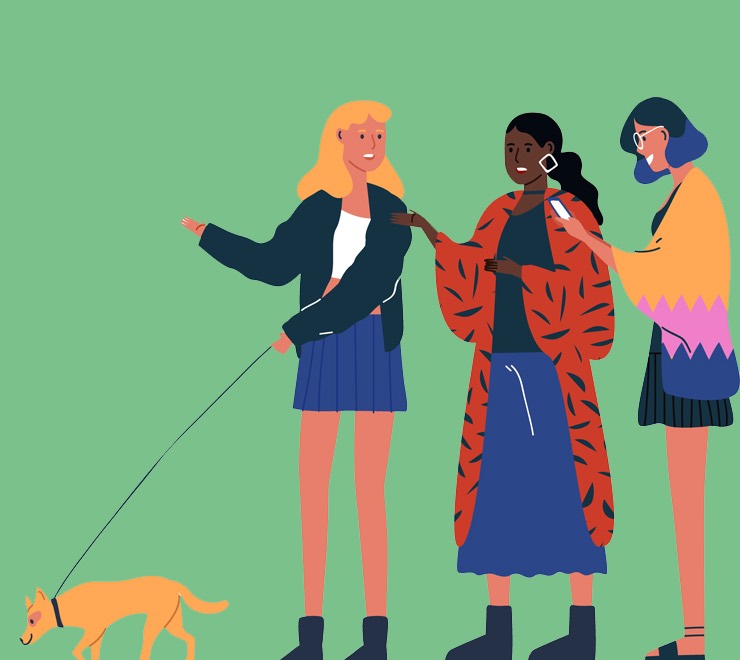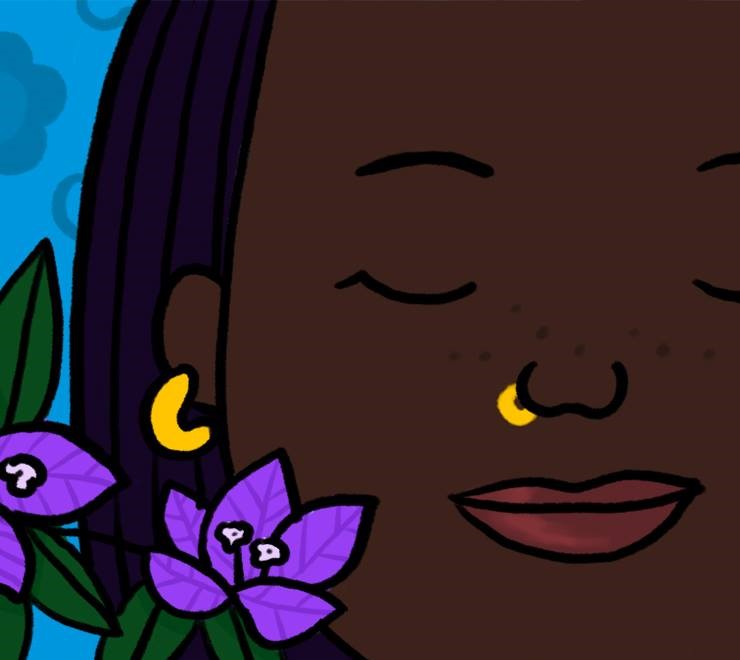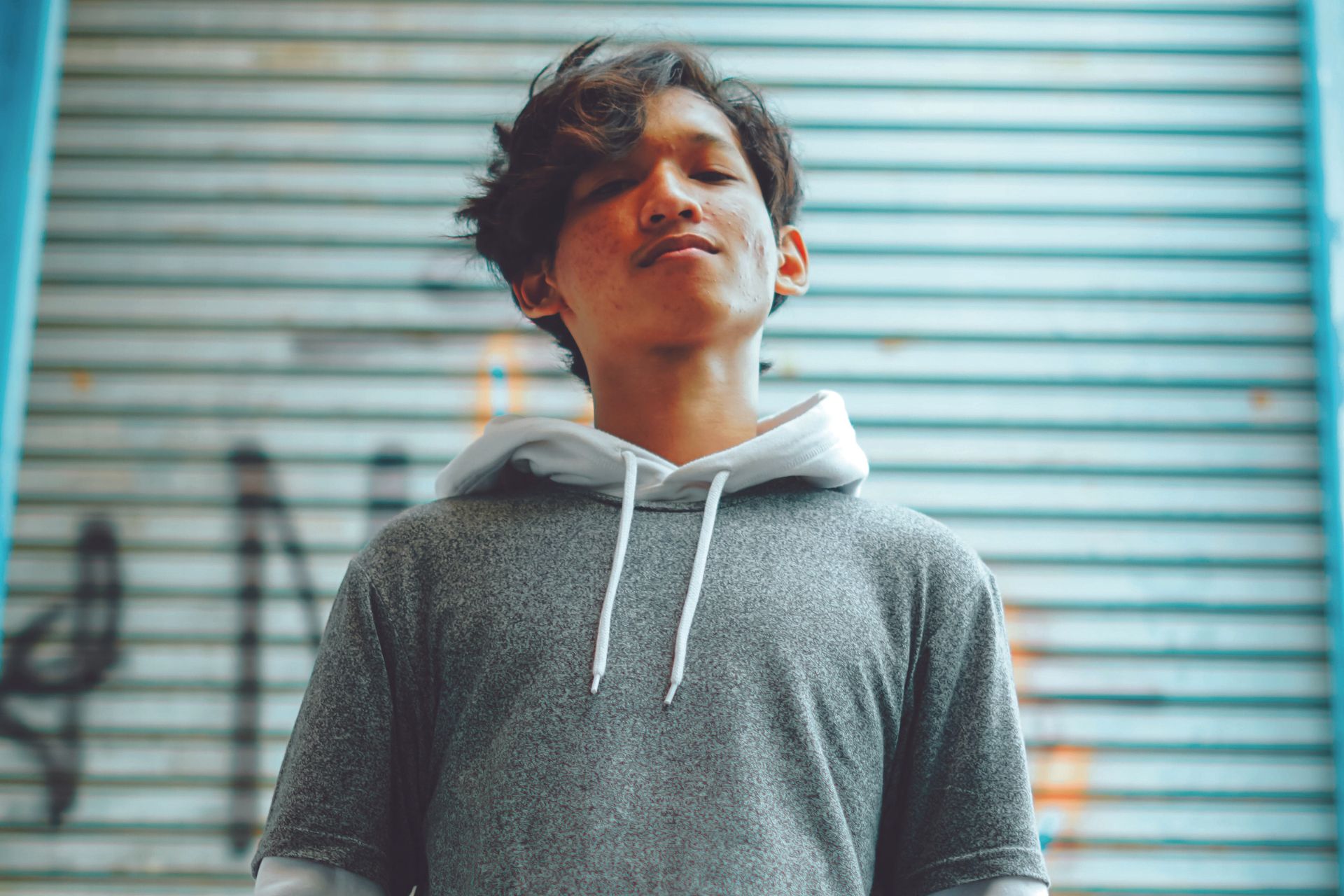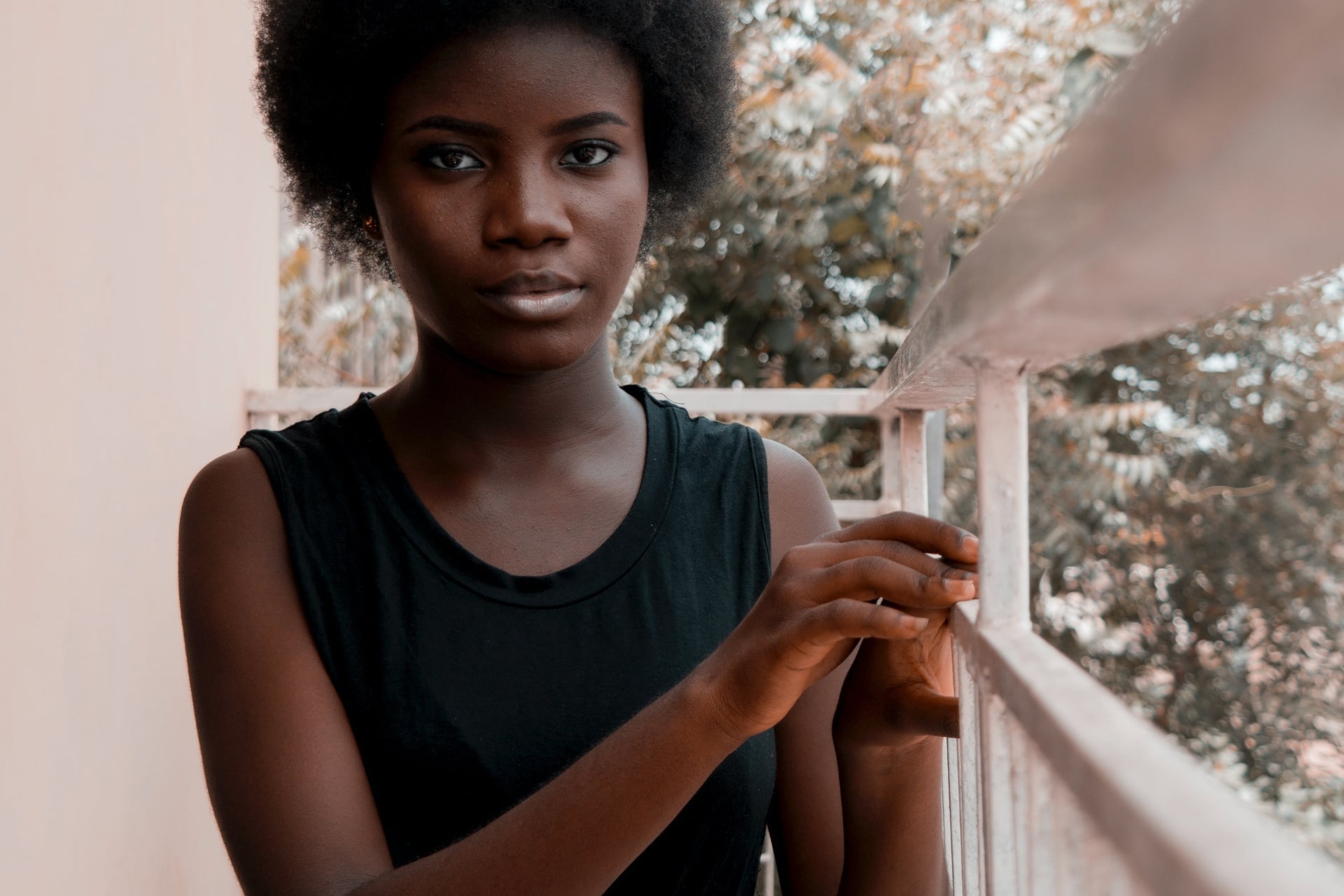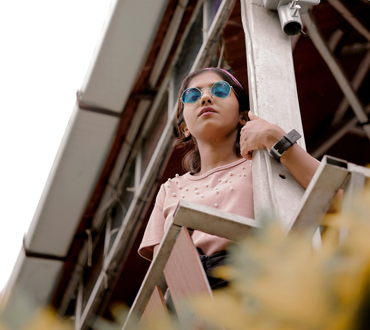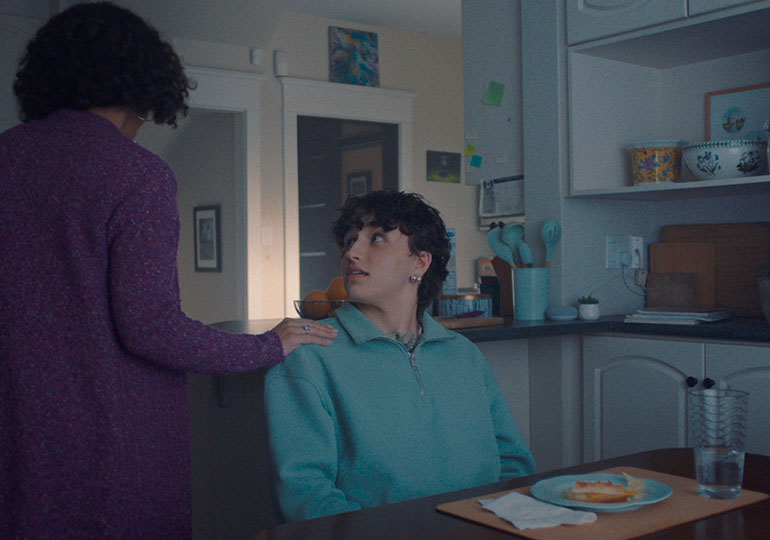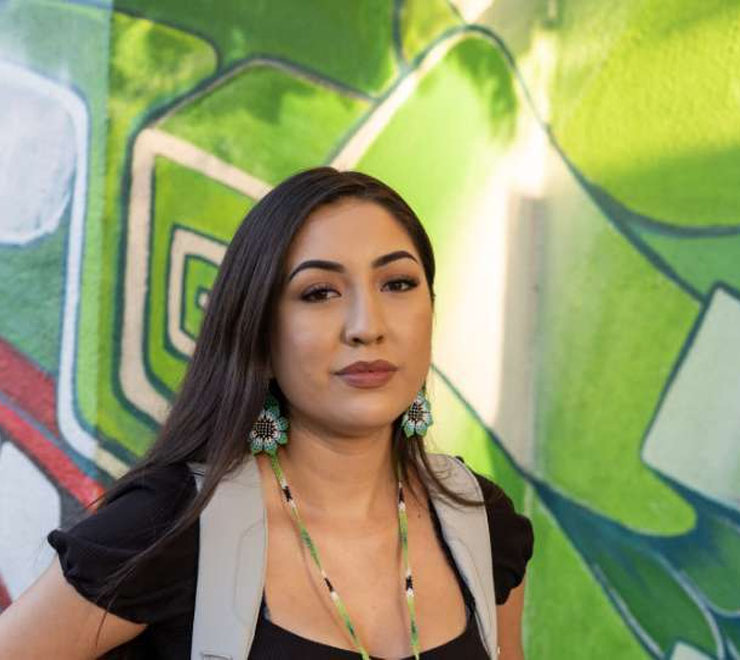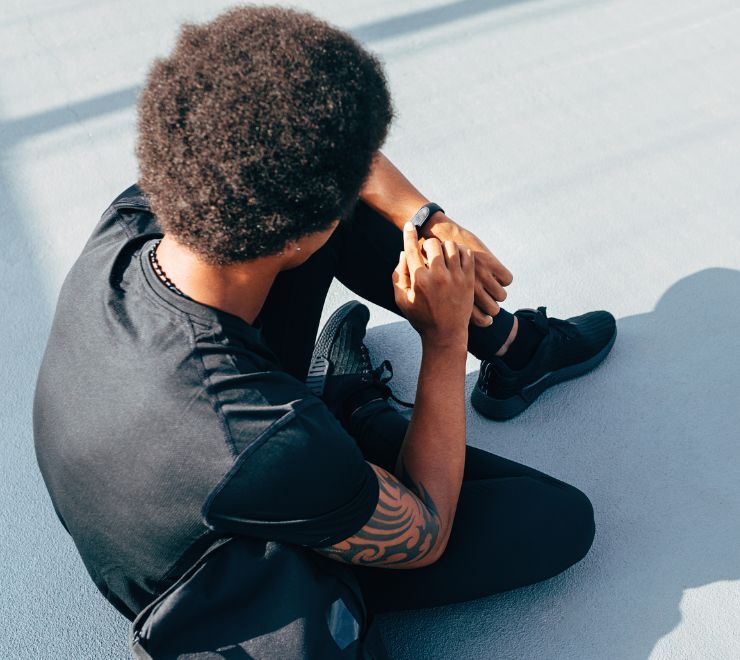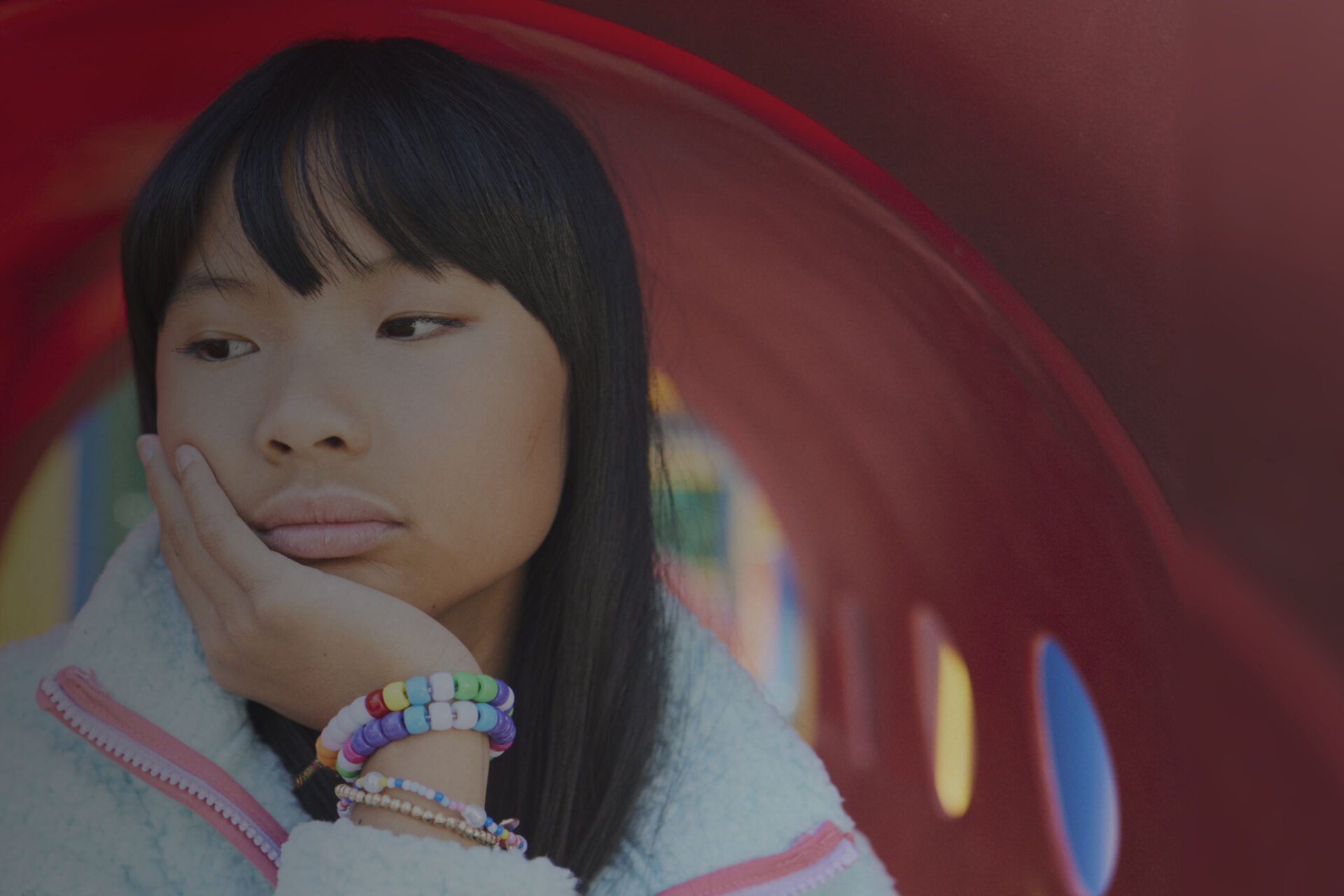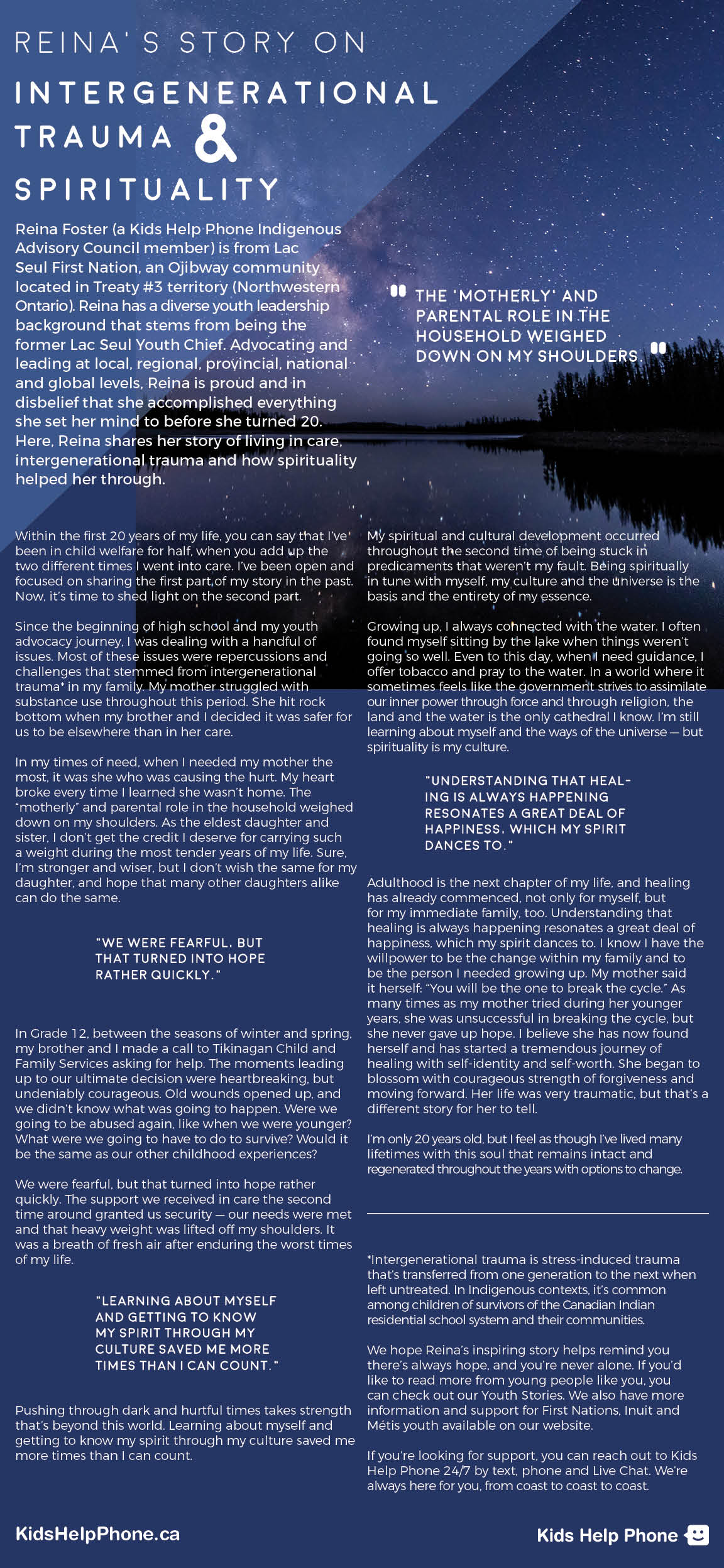
Download Reina’s story on intergenerational trauma and spirituality
Reina’s story on intergenerational trauma & spirituality
Reina Foster (a Kids Help Phone Indigenous Advisory Council member) is from Lac Seul First Nation, an Ojibway community located in Treaty #3 territory (Northwestern Ontario). Reina has a diverse youth leadership background that stems from being the former Lac Seul Youth Chief. Advocating and leading at local, regional, provincial, national and global levels, Reina is proud and in disbelief that she accomplished everything she set her mind to before she turned 20. Here, Reina shares her story of living in care, intergenerational trauma and how spirituality helped her through.
Within the first 20 years of my life, you can say that I’ve been in child welfare for half, when you add up the two different times I went into care. I’ve been open and focused on sharing the first part of my story in the past. Now, it’s time to shed light on the second part.
“The ‘motherly’ and parental role in the household weighed down on my shoulders.”
Since the beginning of high school and my youth advocacy journey, I was dealing with a handful of issues. Most of these issues were repercussions and challenges that stemmed from intergenerational trauma* in my family. My mother struggled with substance use throughout this period. She hit rock bottom when my brother and I decided it was safer for us to be elsewhere than in her care.
In my times of need, when I needed my mother the most, it was she who was causing the hurt. My heart broke every time I learned she wasn’t home. The “motherly” and parental role in the household weighed down on my shoulders. As the eldest daughter and sister, I don’t get the credit I deserve for carrying such a weight during the most tender years of my life. Sure, I’m stronger and wiser, but I don’t wish the same for my daughter, and hope that many other daughters alike can do the same.
“We were fearful, but that turned into hope rather quickly.”
In Grade 12, between the seasons of winter and spring, my brother and I made a call to Tikinagan Child and Family Services asking for help. The moments leading up to our ultimate decision were heartbreaking, but undeniably courageous. Old wounds opened up, and we didn’t know what was going to happen. Were we going to be abused again, like when we were younger? What were we going to have to do to survive? Would it be the same as our other childhood experiences?
We were fearful, but that turned into hope rather quickly. The support we received in care the second time around granted us security — our needs were met and that heavy weight was lifted off my shoulders. It was a breath of fresh air after enduring the worst times of my life.
“Learning about myself and getting to know my spirit through my culture saved me more times than I can count.”
Pushing through dark and hurtful times takes strength that’s beyond this world. Learning about myself and getting to know my spirit through my culture saved me more times than I can count. My spiritual and cultural development occurred throughout the second time of being stuck in predicaments that weren’t my fault. Being spiritually in tune with myself, my culture and the universe is the basis and the entirety of my essence.
Growing up, I always connected with the water. I often found myself sitting by the lake when things weren’t going so well. Even to this day, when I need guidance, I offer tobacco and pray to the water. In a world where it sometimes feels like the government strives to assimilate our inner power through force and through religion, the land and the water is the only cathedral I know. I’m still learning about myself and the ways of the universe — but spirituality is my culture.
“Understanding that healing is always happening resonates a great deal of happiness, which my spirit dances to.”
Adulthood is the next chapter of my life, and healing has already commenced, not only for myself, but for my immediate family, too. Understanding that healing is always happening resonates a great deal of happiness, which my spirit dances to. I know I have the willpower to be the change within my family and to be the person I needed growing up. My mother said it herself: “You will be the one to break the cycle.” As many times as my mother tried during her younger years, she was unsuccessful in breaking the cycle, but she never gave up hope. I believe she has now found herself and has started a tremendous journey of healing with self-identity and self-worth. She began to blossom with courageous strength of forgiveness and moving forward. Her life was very traumatic, but that’s a different story for her to tell.
I’m only 20 years old, but I feel as though I’ve lived many lifetimes with this soul that remains intact and regenerated throughout the years with options to change.
*Intergenerational trauma is stress-induced trauma that’s transferred from one generation to the next when left untreated. In Indigenous contexts, it’s common among children of survivors of the Canadian Indian residential school system and their communities.
We hope Reina’s inspiring story helps remind you there’s always hope, and you’re never alone. If you’d like to read more from young people like you, you can check out our Youth Stories. We also have more information and support for First Nations, Inuit and Métis youth available on our website.
If you’re looking for support, you can reach out to Kids Help Phone 24/7 by text, phone and Live Chat. We’re always here for you, from coast to coast to coast.

